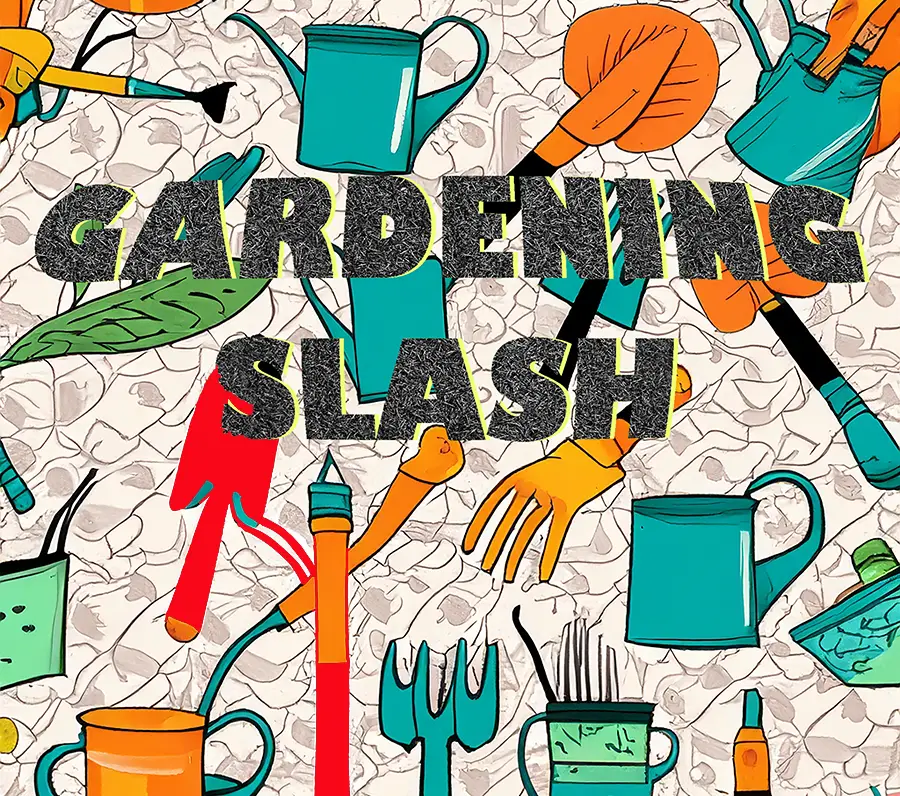Have you ever gazed out the window during an extended rainstorm, feeling that pang of worry about your beloved garden? You’re not alone. Many gardeners share this anxiety, fearing the impact of excessive rain on their cherished green spaces. But don’t worry — there are actionable steps you can take to protect your garden from long periods of rain, ensuring it thrives despite the weather.
Rain is essential for plant growth, yet too much can spell disaster for your garden. The prolonged rain can lead to waterlogged soil, root rot, nutrient leaching, and even plant diseases. But fear not! There’s hope for preserving your garden through these challenges.
Understanding the Impact of Prolonged Rainfall on Your Garden
- Waterlogged Soil: Excessive rain can saturate the soil, depriving roots of the oxygen they need to survive.
- Root Rot: Standing water can cause roots to rot, leading to weakened or dead plants.
- Nutrient Leaching: Nutrients can be washed away from the soil, leaving plants nutrient-deficient.
- Increased Disease: Damp conditions can promote fungal diseases and other plant ailments.
How to Protect Your Garden from Extended Rainfall
- Improve Drainage: Ensure your garden has proper drainage. Consider installing raised beds or creating slopes to direct water away.
- Use Mulch: Mulching can help absorb excess moisture and prevent soil erosion.
- Choose the Right Plants: Opt for rain-tolerant plants that can withstand wet conditions.
- Regular Maintenance: Check your garden regularly for signs of water stress or disease, and act quickly to address these issues.
By taking these steps, you can safeguard your garden against the detrimental effects of prolonged rain and continue to enjoy its beauty. Remember, every garden can be a resilient one with the right care and attention.
Check out a Valentines Red Anthurium for your garden or house:

FAQs
- How can I tell if my garden is waterlogged?
- Check for pools of standing water and plants that appear wilted despite the rain.
- What are some rain-tolerant plants?
- Consider planting ferns, hostas, and iris, as these can thrive in wetter conditions.
- Can I prevent nutrient leaching during heavy rain?
- Yes, using organic mulch and slow-release fertilizers can help retain nutrients.
For more detailed guides on improving your gardening skills and making your garden rain-resistant, visit Gardeners’ World. Happy gardening!

